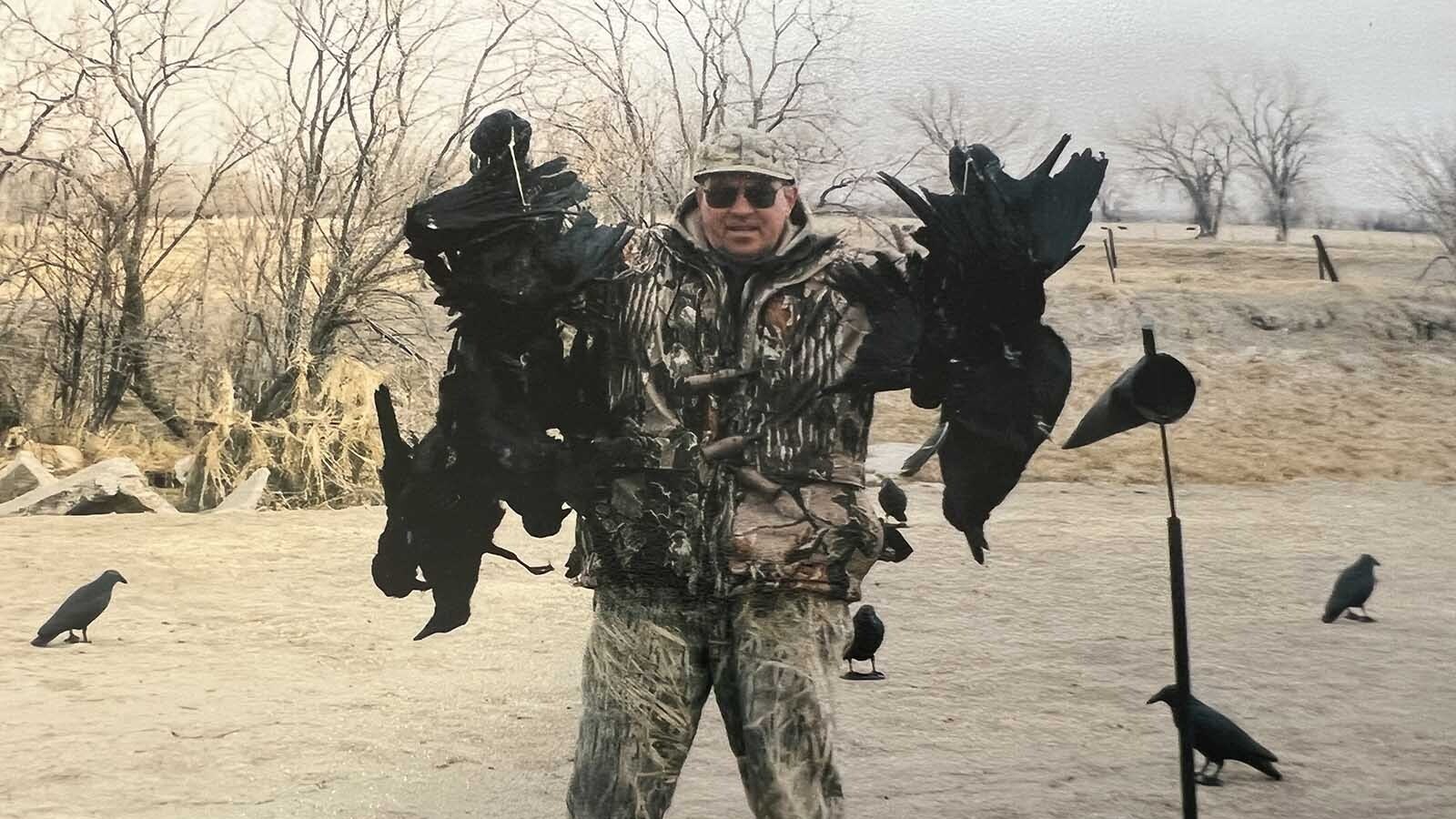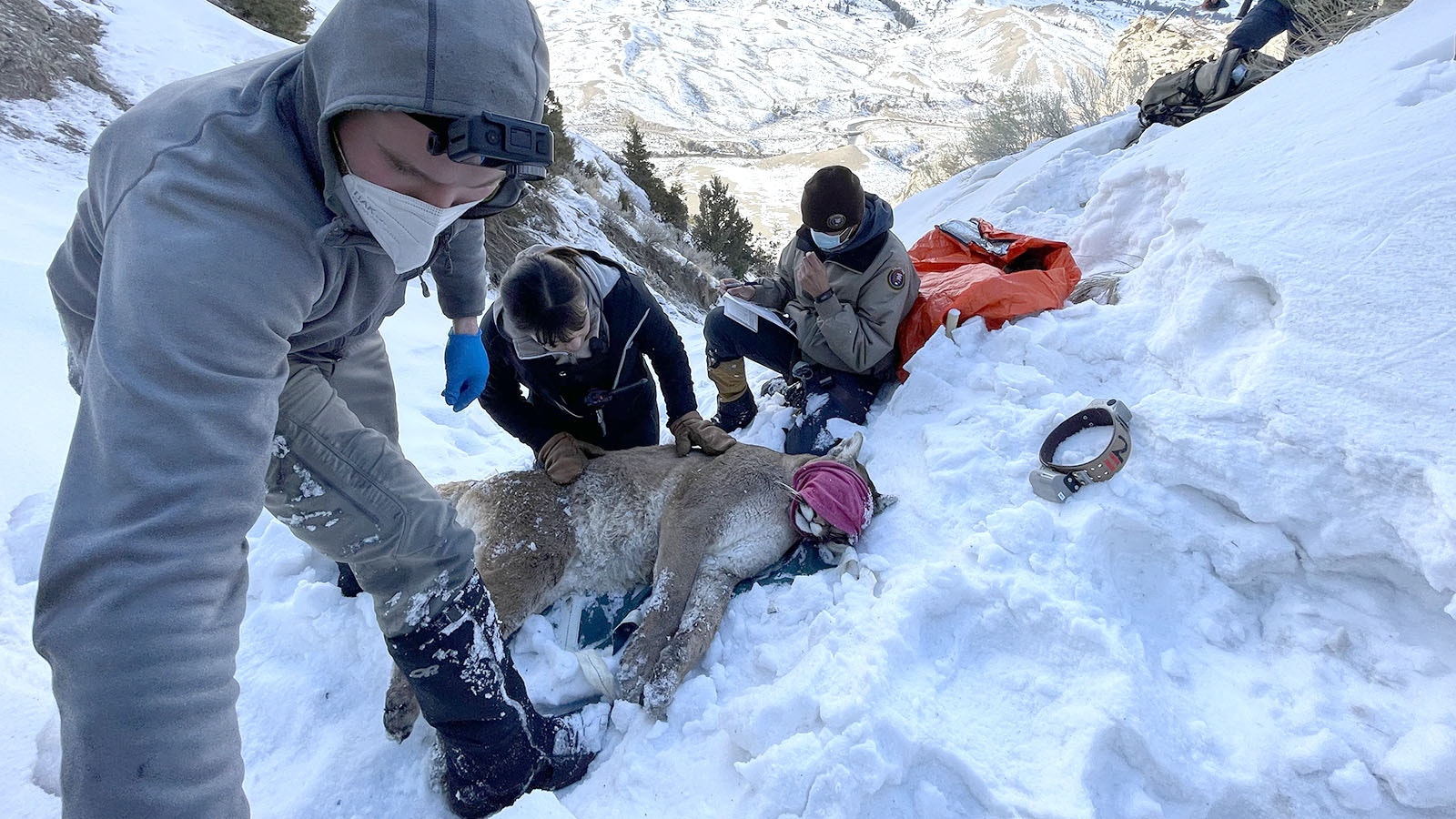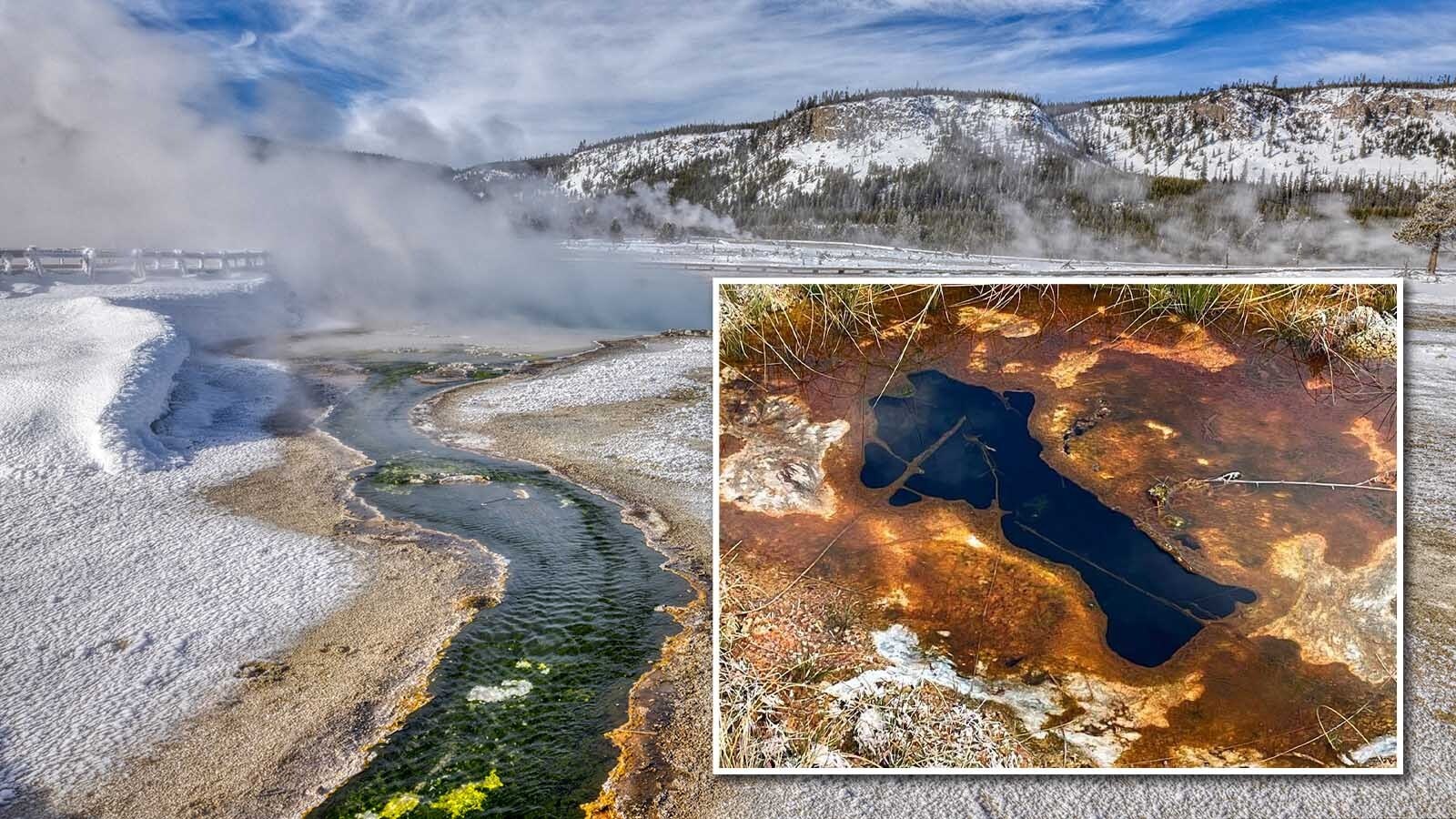A bill before the U.S. Senate and co-sponsored by Wyoming Republican Sen. John Barrasso would turn some of the West’s most treasured wildlands into “militarized” surveillance zones with guard towers and spy cameras, critics say.
The Border Lands Conservation Act, S.2697, is sponsored by Utah Republican Sen. Mike Lee, who previously drew a firestorm of pushback for allegedly trying to sell off public lands in the West.
The act calls for boosting surveillance and border-control infrastructure in areas within 100 miles of the United State's northern border with Canada and the southern border with Mexico.
Some outdoorsmen told Cowboy State Daily that could lead to the disruption of legendary wilderness areas in Montana. Also, northern breeding grounds and migration routes upon which Wyoming depends for much of its waterfowl hunting could be ruined.
But Barrasso says the bill is needed, and would boost national security and protect wildlands from being trashed by illegal immigrants, smugglers and other bad actors.
Hands Off The Hi-Line
The Borderlands Conservation Act would be bad news for wildlife, as well as farmers and ranchers along the Montana Hi-Line, said Frank Szollosi executive director of the Montana Wildlife Federation.
The Hi-Line region of Montana includes lands along U.S. Highway 2. Much of it is vast northern prairies that are well known for antelope and bird hunting.
The affected wildlife could include Montana’s growing prairie grizzly population, Szollosi said.
“You’re talking elk habitat, you’re talking grizzly habitat, you’re talking about migratory birds, you’re talking about native cutthroat trout, with the disruption aquatic habitat,” he said.
There could also be “federal taking” of private farm and ranchland, similar to what’s happened to build barriers along the U.S.-Mexico border, Szollosi said.
“If they’re going to put up fences across the Hi-Line, they’re going to have to take private land,” he said.
Lee’s Been Criticized Previously
Szollosi said he doesn’t trust Lee, who he called an “anti-public lands ideologue.”
“I guess he (Lee) envisions the militarization of the Hi-Line. He wants to empower the Secretary of Homeland Security to waive all land protection and establish tactical infrastructure,” Szollosi said.
Szollosi compared the Border Lands Conservation Act to a previous attempt by Lee to sell off public land in the West. Earlier this year, Lee was broadly criticized for his proposal to insert federal land sales into the One Big Beautiful Bill Act.
Lee argued that the sale of certain federal lands would have made room for much-needed housing. Critics said it was an attempt sell off public lands to the highest bidders.
Lee backed off that effort in June.
Barrasso: It’s About Protecting Land, Not Ruining It
Barrasso argued that criticism of the bill is misguided.
It would protect wildlands along the northern border from being trashed, as some public lands along the southern border have been, according to statement sent to Cowboy State Daily.
The Biden administration is to blame for the appalling state of lands along the U.S.-Mexico border, Barrasso added.
“The Biden border crisis left our southern federal lands in chaos and covered in trash," he said. "Senator Lee’s legislation will give the Department of Homeland Security the authority to better protect our national parks, forests and wildlife refuges."
And the Border Land Conservation Act would enable authorities to catch criminals trying to sneak through remote areas near the borders, he said.
“It will also give Border Control agents the tools they need to crack down on drug cartels who continue to exploit our federal lands,” Barrasso added.
The legislation calls for regular reports to Congress regarding threats national security and damage to the landscape.
The reports would include threats to public land users, and wildfires or environmental degradation caused by illegal immigration, according to the bill’s text.
Surveillance for illegal activity within 100 miles of the borders would also be boosted.
“The term ‘tactical infrastructure’ means infrastructure for the detection of illegal southern border and northern border crossings, including observation points, remote video surveillance systems, motion sensors, vehicle barriers, fences, roads, bridges, drainage, and detection devices,” the bill’s text states.
Wilderness Is Too Valuable To Be Disturbed
Ryan Callaghan, president and CEO of Backcountry Hunters and Anglers (BHA), said he thinks the bill is an example of “bureaucratic redundancy.”
“What is provided for in this bill is already provided for through several different mechanisms regarding our national security and border security,” he said.
Callaghan lives in Bozeman, Montana, and oversees BHA chapters in Wyoming and other states.
As BHA sees it, the Borderland Conservation Act risks intruding on wilderness areas and other remote wildlands, for no real return in terms of increased security.
The designated wilderness areas in northern Montana are a national treasure, he said. They provide the sort of experience that’s increasingly difficult to find as public lands in the West continue to draw more crowds.
So BHA opposes the Border Lands Conservation act, because it could open wilderness areas to the construction of new roads and other infrastructure that could mar the landscape and disturb wildlife.
“It (designated wilderness) is becoming one of the few places you can get into and find that quiet that used to be all over BLM ground in states like Wyoming, Montana and Idaho,” Callaghan said.
“We’re all for border security. That shouldn’t run roughshod over all the things that border security is supposed to protect,” he added.
And while the northern border might not have as much elaborate security infrastructure as the southern border, it’s still being protected, Callaghan said.
“If you’re paying attention, you can see there’s Border Patrol presence on the Hi-Line,” he said.
Big Brother Is Already Watching
Like Szollosi, Callaghan noted that waterfowl hunting in Wyoming could be disrupted by security infrastructure along the northern border.
Northern Montana contains much of the “prairie pothole” county that is a major breeding ground for ducks and geese that move south and into Wyoming’s waterfowl hunting hot spots, he said.
There has also been social media chatter that the Border Lands Conservation Act could lead to a sort of Big Brother in the wilderness scenario. In other words, hunters, campers and hikers being watched.
With today’s technology, that ship has already sailed, Callaghan said. Even in the deepest wilderness, there’s no escape from watchful eyes, if agents really to find somebody.
“In speaking with the people I know in the military, I know the wilderness isn’t safe from that (monitoring) now,” he said. “That’s the age we’re living in now."
Mark Heinz can be reached at mark@cowboystatedaily.com.





